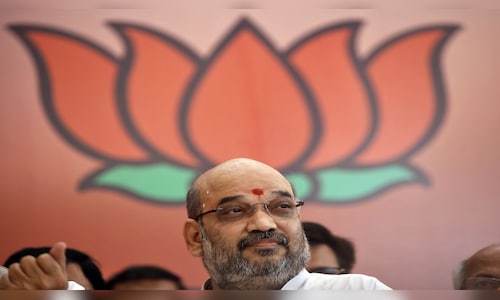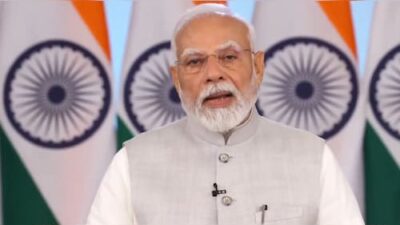Sources indicate that senior BJP leaders, including Union Home Minister Amit Shah, are aware of the stalemate. During a recent three-day visit to Maharashtra, Shah engaged in pivotal talks with both Deputy Chief Ministers Shinde and Pawar regarding seat-sharing strategies. Reports suggest that Shah has now advised the state BJP unit to prepare for independent contests, particularly in the three high-stakes cities. The drive for solo competitions arises from unresolved disagreements.
In Mumbai, Eknath Shinde has reportedly requested at least 107 of the 227 seats, referencing the defection of over a hundred former Shiv Sena corporators from the Thackeray camp in the last three years. These leaders joined the Shinde faction with the expectation of receiving tickets, placing further pressure on the deputy CM to deliver.
However, granting 107 seats to Shiv Sena would restrict the BJP’s negotiation leverage. With additional alliance partners like RPI involved, BJP leaders are concerned that their influence and overall seat count could diminish significantly. Notably, the BJP had secured 82 seats independently in the previous BMC election, emerging as the largest party.
Shah has reportedly emphasized that seat distribution of this scale is not achievable without undermining the BJP’s election prospects. In Pune, Pawar’s NCP has similarly claimed a considerable number of seats, leveraging its historical presence and party strength. However, unlike Mumbai, the NCP does not have a comparable foundation in the city, complicating negotiations further. Sources close to the deliberations reveal that Shah has proposed a new strategy: contest independently in major urban centers like Mumbai, Thane, and Pune, while reassessing alliances in other areas based on local conditions. This approach has been conveyed to state leaders, including CM Devendra Fadnavis, who has acknowledged the necessity for self-reliance in certain constituencies.
Meanwhile, the Supreme Court has mandated that local body elections be conducted within the next four months, paving the way for an electoral contest either during or after the monsoon season. As both ruling and opposing factions commence preparations, the BJP’s revised strategy signifies a new chapter in Maharashtra’s urban politics. The Mahavikas Aghadi appears fragmented as well, giving the BJP further motivation to assert its strength independently in crucial cities. The upcoming days may witness each Mahayuti partner selecting its own battleground—united in spirit, yet distinct at the ballot.
(Edited by : Priyanka Rathi)



